Home >Technology peripherals >AI >Caught in copyright infringement charges with Microsoft's AI tools? Don't worry anymore
Caught in copyright infringement charges with Microsoft's AI tools? Don't worry anymore
- 王林forward
- 2023-09-16 23:01:09796browse
After entering 2023, the rapid development of generative artificial intelligence has opened a new chapter in the artificial intelligence industry, and the bright prospects of the technological revolution depicted by artificial intelligence seem to be close at hand. However, although artificial intelligence is an important driving force for a new round of technological revolution and industrial transformation, there is still a certain contradiction in the attitude of the business community towards it. It is not as enthusiastic as the outside world expects, but seems a bit cold.
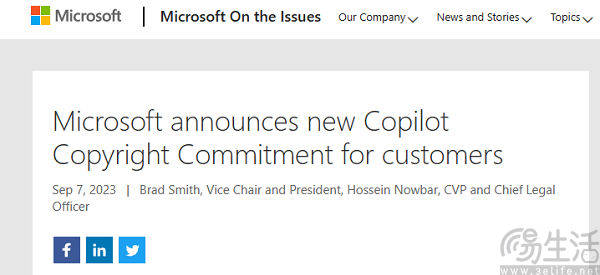
Today, companies choose to keep their distance from artificial intelligence (AI) for one simple reason: their goal is to make money. However, the laws related to generative AI are still mostly in disarray, and expectations haven’t even been established yet. Uncertainty in the market environment is undoubtedly the last thing business organizations want to see
In order to address the concerns of enterprises, Microsoft, which has already taken a big piece of the cake in this round of AI changes, stepped forward. Just recently, Microsoft President Brad Smith and Chief Legal Officer Hossein Nowbar jointly issued a statement stating that they will further expand their support commitment to intellectual property disputes for users using Microsoft's Copilot service.
Microsoft stated in this statement that as groups of writers and artists have publicly questioned how large AI models use their works, users are concerned that their works generated using generative AI may bring risks of intellectual property infringement. , so they updated Copilot's copyright commitment. If all users are questioned due to copyright issues, Microsoft will bear the legal risks that may be involved.
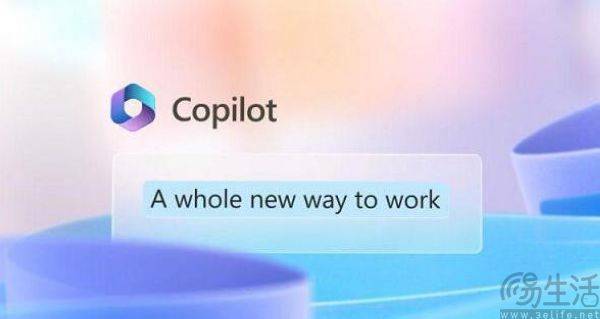
Simply put, if a commercial customer is accused of copyright infringement by relevant entities because of works produced using Copilot or other Microsoft AIGC services, as long as the customer uses the security measures and content filters built into the product (this feature is intended to Reduce the possibility of AI producing potentially problematic content), Microsoft will defend customers in court and pay compensation or settlement costs resulting from any adverse judgments. In other words, if Microsoft's commercial customers produce content with legal risks due to the use of Copilot, then Microsoft will take care of the customers.
Microsoft said that they have integrated artificial intelligence technology into Microsoft 365 Copilot of office software such as Word, Excel, and PowerPoint. This is a paid feature. Microsoft has spent the past two decades defending commercial users from copyright lawsuits. As for copyright issues related to artificial intelligence, Microsoft believes that this is their own problem, not their customers' problem
At the same time, Microsoft dares to provide this commitment to commercial customers, which also reflects from the side that the company believes that the safety valve it designed for Copilot and other AIGC services to reduce the possibility of exporting infringing content is effective.
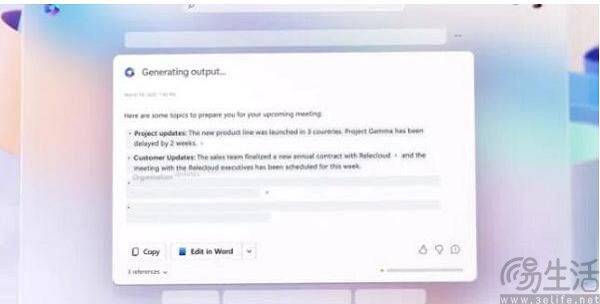
Although currently in the global legal community, whether it is the civil law system or the maritime law system, there is still an "absence" in the content generated by artificial intelligence, and at the same time, the rights of artificial intelligence developers are also in a "vacuum" zone. Some people in the legal profession say that the purpose of the Copyright Act is to protect human creations, not artificial intelligence, because only humans can enjoy original expression, while content generated by artificial intelligence does not possess originality. However, there are also people who hold the opposite view
The legal risk of AI-generated content lies in the training method of AI large models. It is trained through a large number of corpora and learns from various types of feedback. It organizes feedback as needed to build corresponding models so that AI can Human questions are answered and decisions made. In essence, there is not much difference between AI large models and machine learning technology. Both are based on massive data
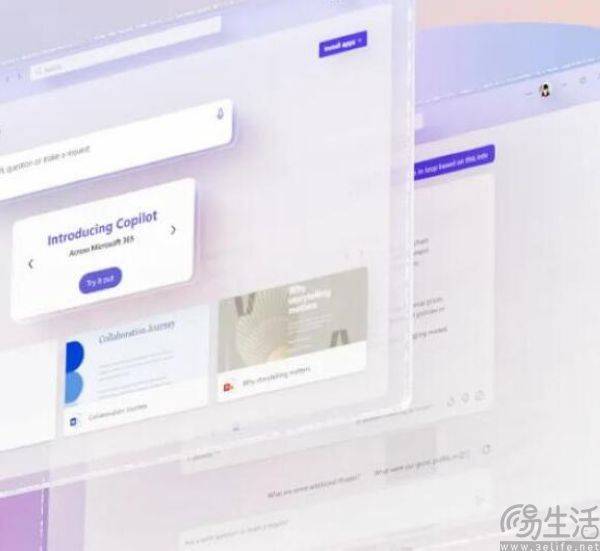
But the problem is that the training data used to generate code, text, music and images are themselves created by humans and obtained from the Internet or other channels by Microsoft, OpenAI, Meta and other companies, and most of them The data itself is protected by copyright in some way. This is why OpenAI is now involved in training data infringement lawsuits, and Microsoft's Copilot is also involved in accusations of "tonal rewriting" of public code to circumvent copyright issues.
Since there may be copyright risks in the metadata used to train large models, why can the new data produced by large models be mixed and washed away from this "original sin"? This is actually the concern of many business customers. Although copyright infringement is not a big deal for individual users, "copyright thugs" rarely focus on individuals. After all, it is difficult for individuals to bring greater value to them. However, commercial customers are the primary targets of "copyright trolls". The targets of companies such as Visual China and CNKI are often commercial companies.
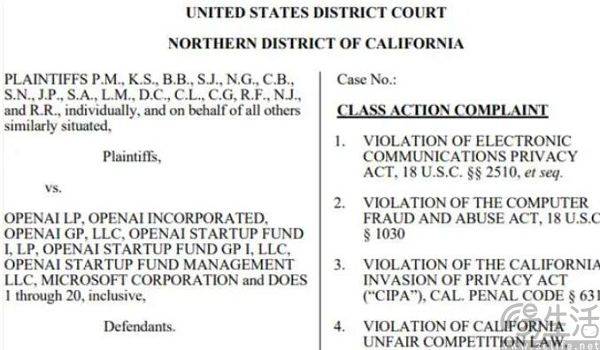
Since generative AI itself uses efficiency as a selling point, and its production capacity is much higher than other previous productivity tools, so in this way, the risk of facing "copyright troll" attacks will be doubled. "If the content generated by tools such as Copilot is protected by copyright, will I be sued?" It is precisely based on this concern that commercial customers will naturally keep a distance from generative AI. Now Microsoft's commitment is to give the target audience reassurance and make it clear that "if you are entangled by a copyright hooligan, we will litigate for you."
It has to be said that for the new thing of generative AI, Microsoft's naked money-burning approach may be quite effective. After all, once there are no legal risks, how can companies that have an urgent need to improve efficiency not choose Copilot as a solution.
The above is the detailed content of Caught in copyright infringement charges with Microsoft's AI tools? Don't worry anymore. For more information, please follow other related articles on the PHP Chinese website!
Related articles
See more- How to solve http 502 error?
- How to solve the problem when the system is in hands-free calling state
- How to solve undefined bookmarks in wps
- How to solve the problem that the excel serial number drop-down is all 1
- Photographer responds to Vision China's claim of rights to sell his images: Lie! Please stop the infringement immediately

